When it comes to school marketing, there are fewer things more shrouded in mystery than SEO (search engine optimisation). In this post, we want to pull away the curtain and show you how SEO for school marketers really works.
First of all, let’s begin with a quick definition. Search Engine Optimisation is the art and science of making your content visible and attractive to search engines like Google, Bing, or Yahoo! so that the people using them can find answers to the questions they’re going to the search engine to solve.
These search engines are made up of powerful networks of servers and complicated software that “crawls” from link to link, page to page, and media file to media file available on the Internet.
Then, these “spiders” index the locations and content of each page visited and store it all in a vast index to be pulled out later when someone types in a search term related to the content.
To see more how search engines do their thing, see Google’s Inside Search page for a really cool breakdown.
With that definition in mind, you’ll notice that everything in search engine optimisation begins with the user’s question.
We can’t stress enough how important this is for you and we to understand as marketers.
Engineers have specifically designed search engines to pull up web pages and media that it believes to be the most relevant and quality answer to the question of the user.
This means that if you want to rank high on the list of websites in a search, more than anything else you need to be answering the questions of the user.
This, of course, isn’t the whole of search engine optimisation. But without it, any other thing you do to optimise your website for search ranking will fail.
The beginning of a strong SEO strategy is this: If you consistently answer your audience’s questions, you will rank higher in search engine results.
Of course, you can also pay to get your website ranked higher – but relying heavily on this strategy doesn’t work out for school marketers in the end.
Buying advertisement links about the search engine results will get you in front of more eyes during their web searches.
But by pushing your way to the top through paid advertising, you run the risk of attracting users who have questions that you’re not answering. This, in the end, will hurt your rankings as users quickly navigate away from your site (i.e., increasing your bounce rate).
It also hurts your brand by disappointing the users who visit your site thinking that they’ll find answers on your site, when in fact, they won’t.
Buying a place on a search result listing through paid search engine advertising may have its place, and, in some cases, it can produce higher volumes of traffic. However, don’t rely on this strategy alone.
The best SEO strategy in the long run is designed to boost your organic search ranking.
Organic search rankings are unpaid, natural rankings that are the result of the search engine’s algorithms.
Using an organic strategy means that you focus your efforts to rank high in a search by providing the very best answers to the questions that relate to your organisation.
When you build each page with this end goal, every page has the potential to rank high in search engine results. In effect, every page in your website can become the home page.
The organic SEO approach has numerous advantages.
1. The users who click on your links in the search results page are likely to get the answer to the question they were asking, which increases your brand strength by providing a quality experience for the user.
2. You increase the number of pages that can rank high in a search result – with paid advertising you have to pay for every single page you wish to rank high.
3. You’ll receive higher quality traffic from search engines. That is, the users arriving at your site from search engine results will be more likely to be in your target market because your site contained the answers to their question.
Fresh, quality content should be at the heart of any organic SEO strategy.
Fresh content means that you frequently update your website with new content such as videos, images, pages, and most importantly for most institutions, blog posts. Quality content means that your content answers real questions that your users want to find.
Search engines like Google and Bing prioritise websites that are frequently updated, so posting new blogs is a fantastic way to make Google your friend and rank high on search results pages.
There are many helpful guides and tools out there to help you in your organic SEO effort, but we highly recommend Yoast.
If you’re using the WordPress platform for your content management system (CMS), we highly recommend the Yoast SEO plugin to help you consistently apply organic SEO principles to each page on your website.
Yoast analyses the content of the website you created and offers practical steps you can take to improve the likelihood of your page ranking high in search engine results.






